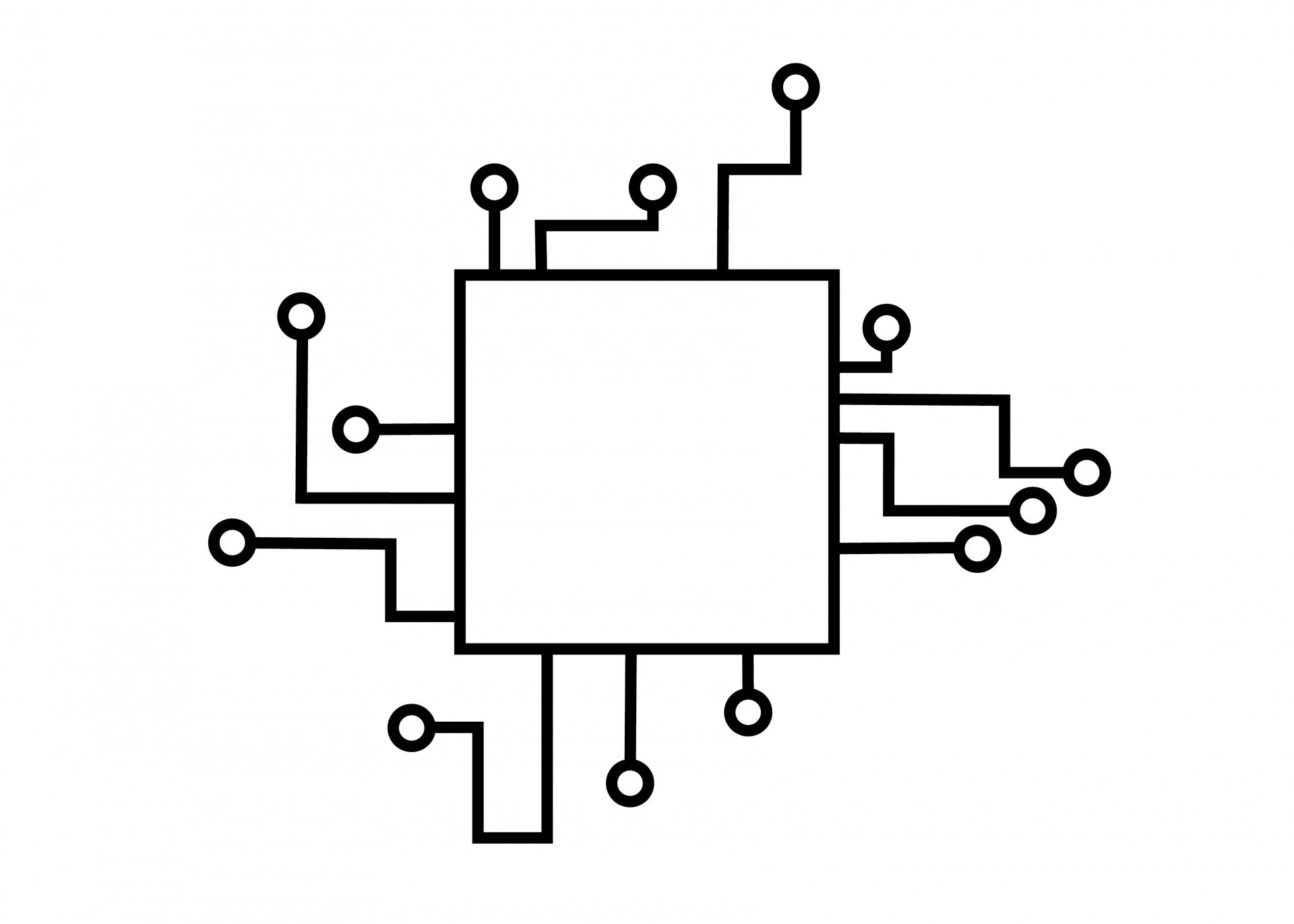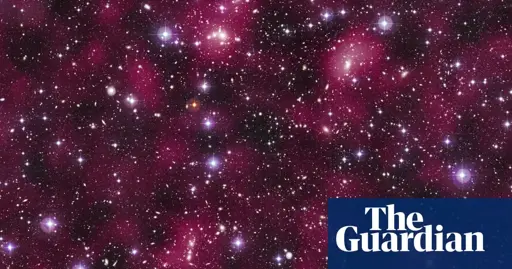This theory is pretty neat being part of the very few groups looking at the notion of spacetime as continuous and quantized matter as a secondary effect (as they self-describe, a “postquantum” approach).
This makes perfect sense from a simulation perspective of a higher fidelity world being modeled with conversion to discrete units at low fidelity.
I particularly like that their solution addressed the normal distribution aspect of dark matter/energy:
Here, the full normal distribution reflected in Eq. (13) may provide some insight into the distribution of what is currently taken to be dark matter.
I raised this point years ago in /r/Physics where it was basically dismissed as being ‘numerology’
You must log in or register to comment.


